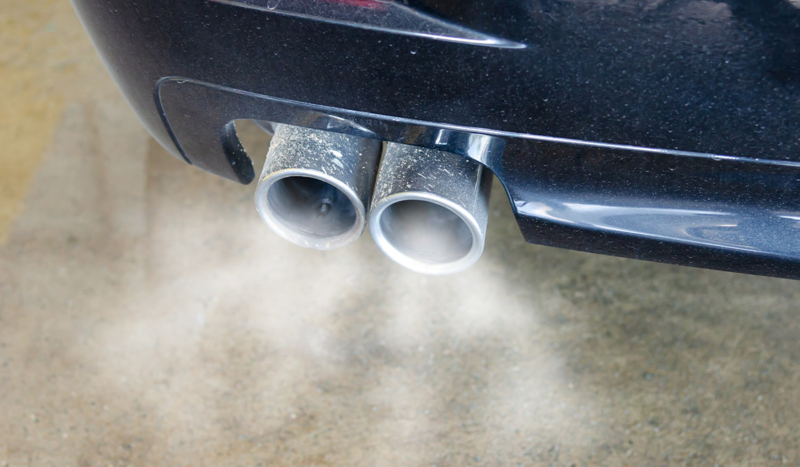
CV NEWS FEED // The House on Thursday passed a bill that would stop states such as California from adopting “green” policies that restrict the sale and use of gas vehicles.
H.R. 1435, also known as the Preserving Choice in Vehicle Purchases Act, passed by a near-party-line vote of 222-190.
Rep. John Joyce, R-PA, sponsored the bill, and 84 other Republican members of Congress co-sponsored it.
“California regulators shouldn’t have the power to determine what vehicles are sold to families in Pennsylvania,” Joyce said shortly before the successful House vote.
“One state should not be able to set national policy and Americans should not be forced into making purchases they are unable to afford.”
In 2022, the California Air Resources Board approved a rule establishing a “roadmap” so that 100% of the cars in the state would be “zero-emission vehicles” by the year 2035.
The Daily Signal explained that
Joyce’s bill would amend the Clean Air Act, which allows the Environmental Protection Agency to waive national standards for states that adopt their own emissions standards, a provision inserted expressly for California, according to the American Action Forum.
The Clean Air Act also allows states to adopt California’s stricter standards, resulting in 17 other states enacting them
Rep. Cathy McMorris Rodgers, R-WA, the Chairwoman of the House Energy and Commerce Committee, praised the bill, saying that it “is about ensuring Americans can continue choosing the vehicles that best suit their lives.”
“It’s about making sure people have the option of driving practical, functional, and affordable cars,” she added. “And it’s about embracing the legacy of the American auto industry.”
Eight Democrats joined Republicans in voting for the bill: Reps: Jim Costa, D-CA, Yadira Caraveo, D-CO, Jared Golden, D-ME, Gabe Vasquez, D-NM, Brian Higgins, D-NY, Don Davis, D-NC, Henry Cuellar, D-TX, and Marie Gluesenkamp Perez, D-WA.
Most members of the Democratic Party remained in staunch opposition to the bill, claiming that it may lead to increased “air pollution.”
“The transportation sector is the single-largest contributor of greenhouse gas emissions and other dangerous air pollution,” said Rep. Frank Pallone, D-NJ, the Ranking Member of the Energy and Commerce Committee.
“But once again, Republicans want to bury their heads in the sand and ignore reality, even while more than 100 million Americans are right now living in counties with unhealthy levels of air pollution,” continued Pallone, who has served in Congress since 1988.
Two days before the House passed the bill, the Executive Office of the President (EOP) released a statement saying that the Biden administration “strongly opposes” the legislation.
The White House continued:
Congress acted to preserve California’s authority to regulate emissions from vehicles over 50 years ago and repeatedly ratified and strengthened that authority in subsequent enactments. Congress protected the state’s authority to address its unique and ongoing air quality challenges and to give other states the option to adopt the innovative clean car and truck technologies California pioneered. H.R. 1435 would restrict the ability of California and its citizens to address its severe air pollution challenges.
H.R. 1435 now heads to the Democratic-controlled Senate, where it faces an uphill battle.
Still, even if the bill passes in the Senate, President Biden would almost certainly veto it. In case of a veto, the bill would require the support of a two-thirds majority in both Houses of Congress to become law – margins that are virtually impossible under the present composition of Congress.
As The Hill reported Thursday, the “legislation is not expected to advance or become law.”
Nevertheless, the bill represents another point where Republicans can criticize the Biden administration as energy policies — particularly as they pertain to household items — is an area they have honed in on.

